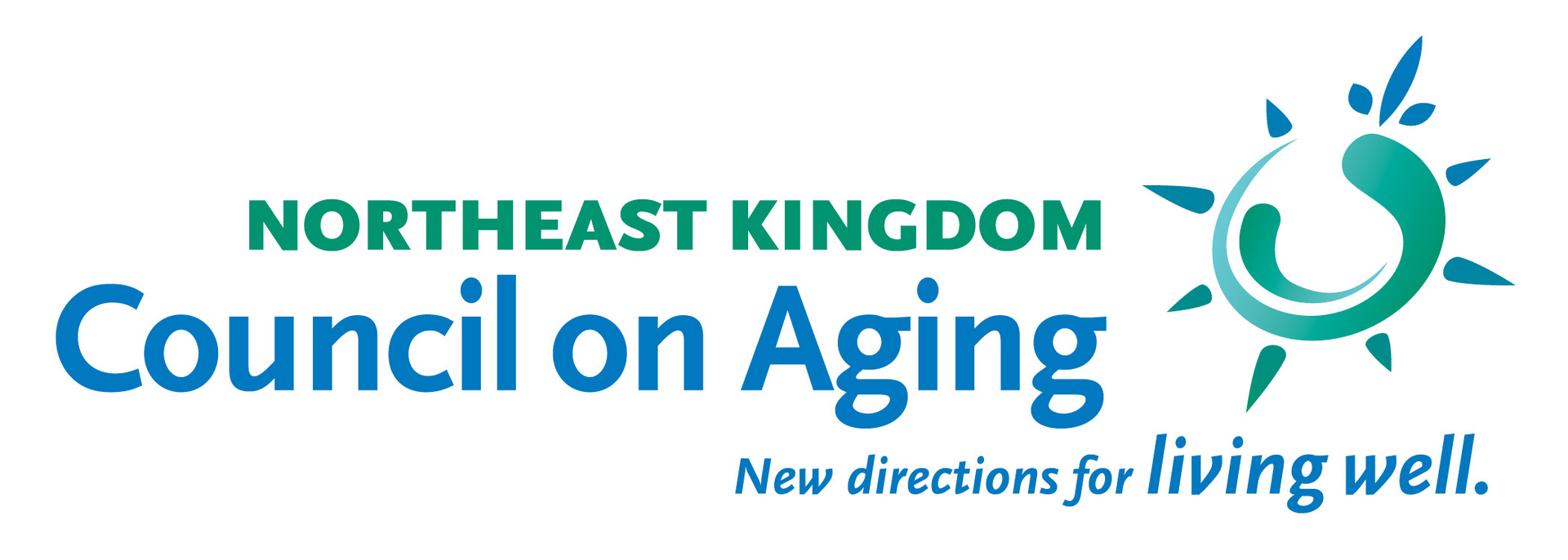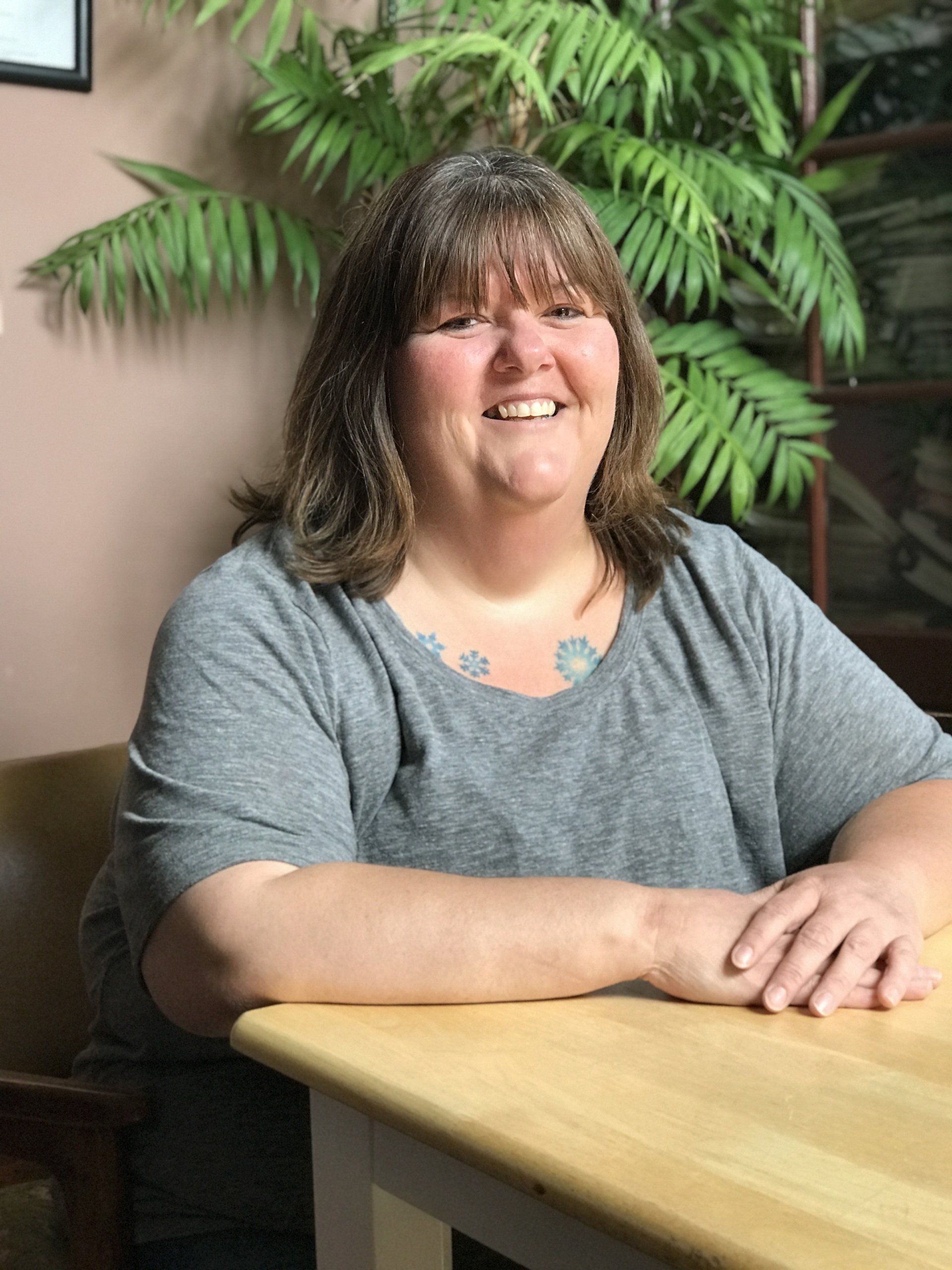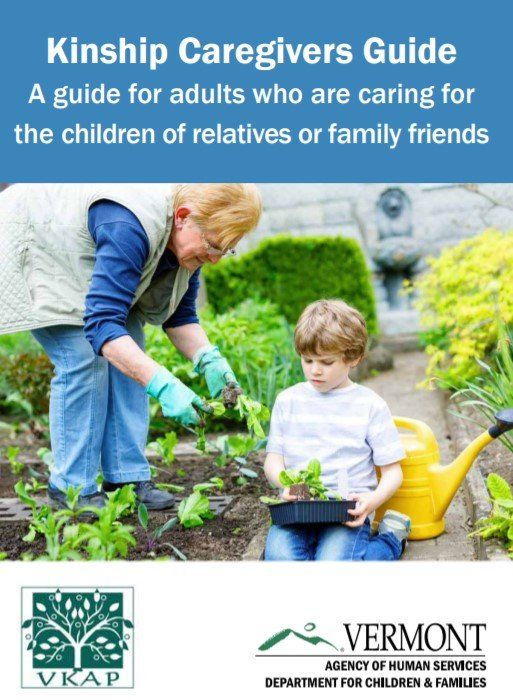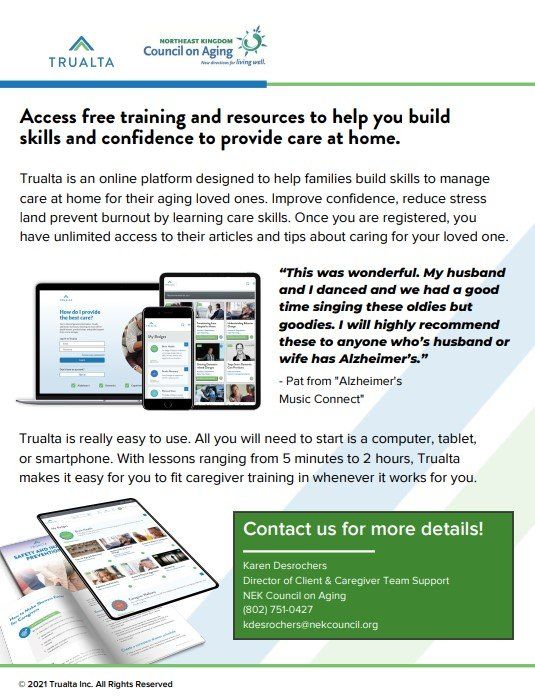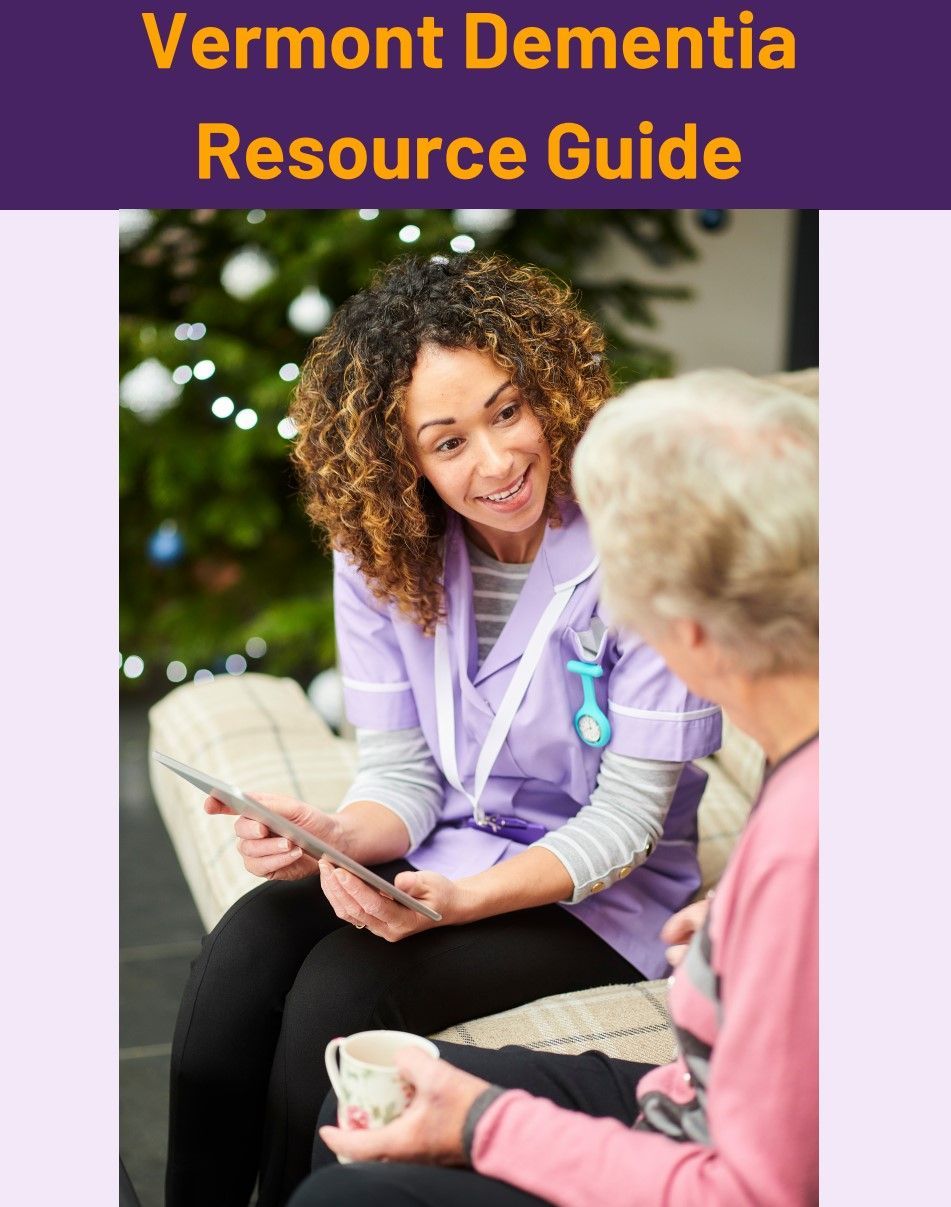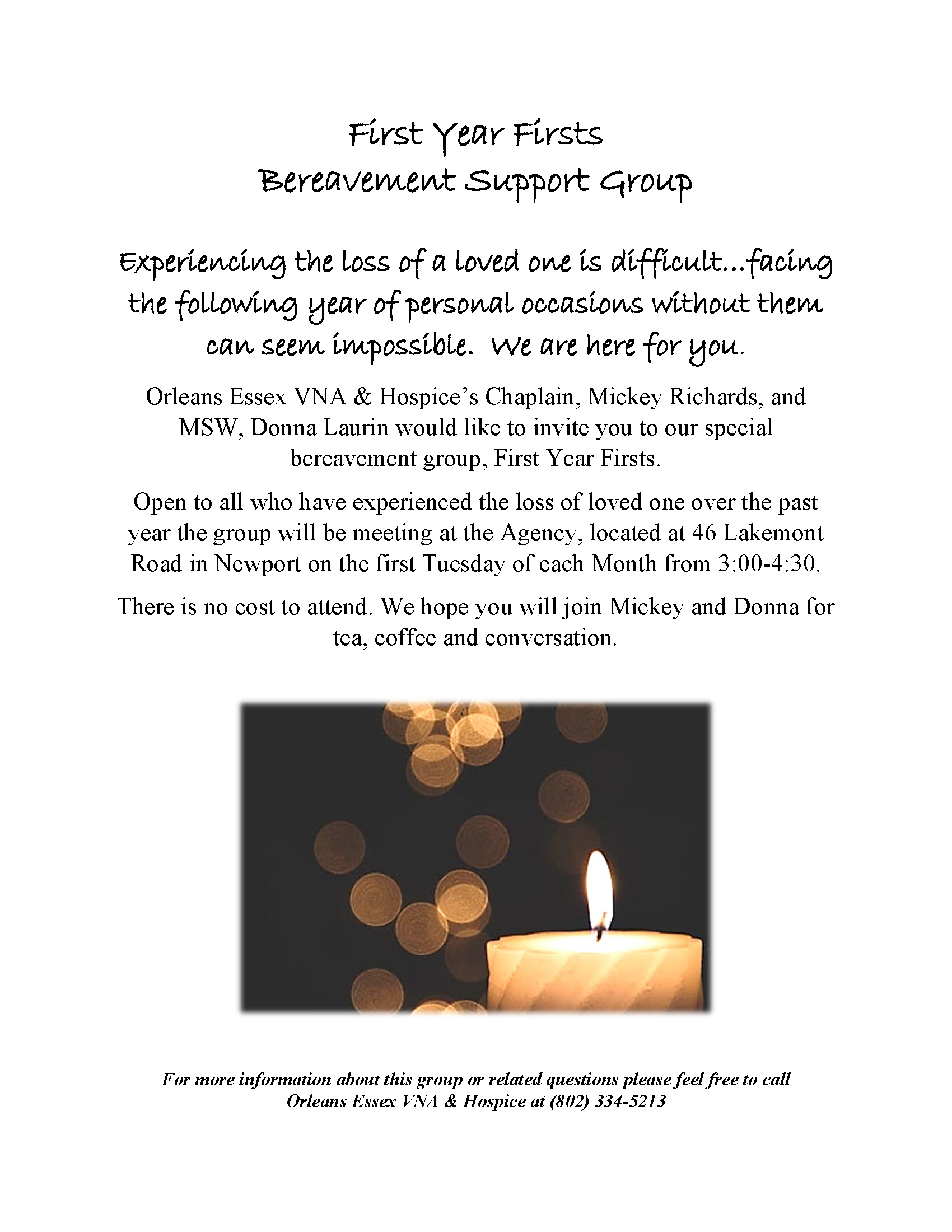Dementia refers to a group of symptoms that together affect the memory, normal thinking, communicating and the reasoning ability of a person. These symptoms make it difficult to perform even daily simple tasks such as bathing and eating. Alzheimer's disease is the main cause of majority cases of dementia. Dementia cannot be cured, but there are medications to manage the symptoms.
Dementia Respite Program is funding to provide support services for unpaid caregivers who are caring for individuals with a diagnosis of Alzheimer’s disease or a related disorder. The services provided by the grant are to assist and support unpaid caregivers manage the responsibilities of caregiving.
“Without the grant I could not have afforded to pay someone to come in and take care of my husband, I was burnt out, it saved my life. I got to go be me, I could leave my home and know he was taken care of and was safe”
How the grant may be used:
• In-home respite services, including; homemaking or chore services, personal care services like help with bathing, and companion/substitute care supports.
• Out of home respite, including adult day services and short-term respite stays in a residential care facility or nursing home.
• Services provided on a limited basis to complement the care provided by caregivers. This includes home modifications for access and safety (shower bars, ramps, and assistive technologies). It includes incontinence supplies. It includes transportation that complements care provided by the family caregiver (going to the grocery store or drugstore to pick up needed supplies.)
• Therapeutic counseling expenses for the family caregiver may also be billed if not covered by insurance.
Please note:
• Funds may not be used for household renovations or repair. Funds may not be used to buy clothing, medicine, household appliances, or durable medical equipment.
• Please contact Karen Desrochers, Director of Client and Caregiver Team Support if you have any questions or if you would like to apply for a grant. Direct line number 802-751-0427 or email
kdesrochers@nekcouncil.org
